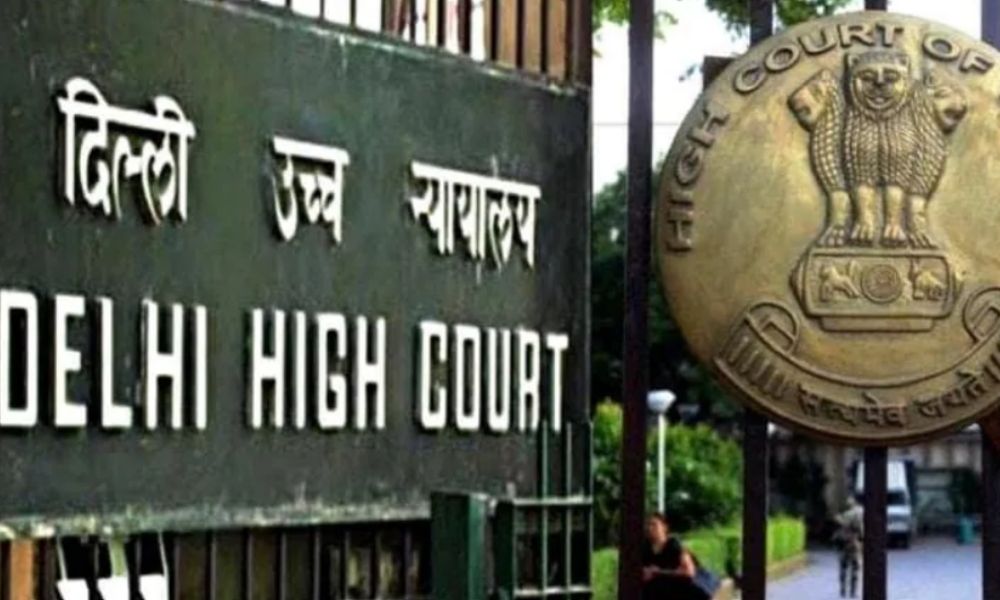
Image Credit: India Today
'Every Child Has Right To Use Mother's Surname': Delhi High Court
Writer: Ratika Rana
Her primary objective is to inform, promote, educate and cultivate readers through writing.
Delhi, 7 Aug 2021 6:18 AM GMT
Editor : Palak Agrawal |
Palak a journalism graduate believes in simplifying the complicated and writing about the extraordinary lives of ordinary people. She calls herself a " hodophile" or in layman words- a person who loves to travel.
Creatives : Ratika Rana
Her primary objective is to inform, promote, educate and cultivate readers through writing.
The court observed that a father cannot dictate terms, and reiterated that children have the full right to choose their mother's surname over their father's.
The Delhi High Court on Friday, August 6, observed that a father does not own his daughter to dictate her to use only his surname. The child has the full right to choose their mother's surname.
The court heard a plea by a minor girl's father who wanted to direct the authorities to take his surname for the girl's official documents. During the hearing, the father's counsel submitted that the girl was minor and hence ineligible to decide on such matters. He contended that his estranged wife had changed the child's surname.
Father Can Reach Out To The Girl's School
Justice Rekha Palli denied any order and said that a father did not own the daughter to dictate that she could use only his surname.
"If the minor daughter is happy with her surname, what is your problem?" Justice Palli questioned.
The father had claimed that the change in his daughter's name would make it difficult to obtain insurance claims from the insurance firm citing the girl's name with her father's surname. The court declined this plea, and liberty was given to the father to reach out to his daughter's school to show his name as her father.
The Hindustan Times quoted the Justice, "I see no merit in the present writ petition. The apprehension that (LIC) policy will be dishonoured is wholly misconceived and is an attempt to settle scores with estranged wife somehow". After the court declined to act according to the plea, the birth certificate dated August 10, 2018, which East Delhi Municipal Corporation (EDMC) issued, will also have both names.
What The Law Says
According to the law, both parents have the right to change the name of their child. However, if either of the parents wishes to change the child's name, the other parent must agree to it. In case the other parent refuses to give consent, then Court's approval in the case is required.
Also Read: Meet Neetu Singh Who Has Spent 20 Yrs Fighting For Women's Rights In Uttar Pradesh
 All section
All section














